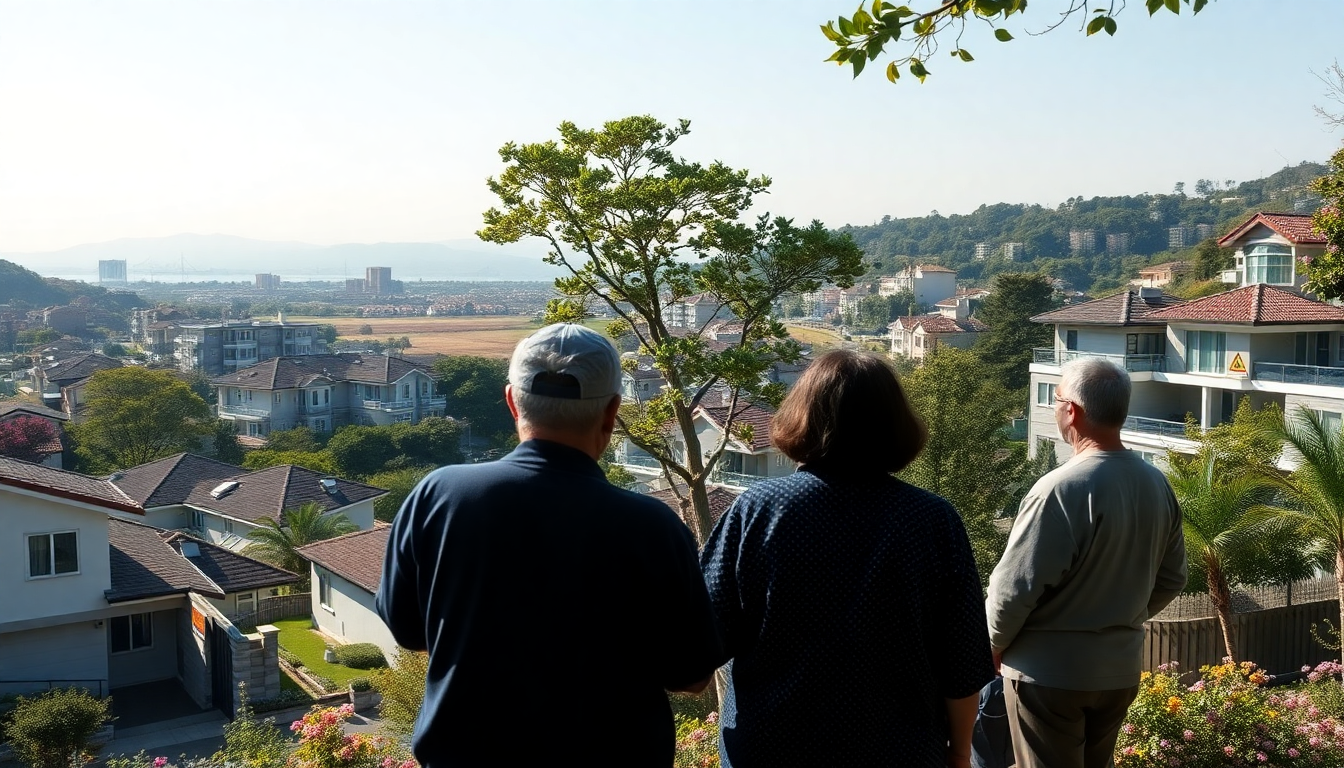Table of Contents
The ongoing debate surrounding the proposed site for the University of Hong Kong’s (HKU) new innovation center in Pok Fu Lam has ignited concerns among local residents. Have you ever felt like your voice isn’t being heard, especially when it comes to changes in your neighborhood? That’s exactly how many residents feel about HKU’s decision to stick with its original site, despite suggestions to relocate the center to Mount Davis.
HKU and local authorities are pushing back against this idea, citing environmental concerns and pre-existing plans for the area. This situation really brings to light the tricky balance of urban planning in crowded cities, where the push for development often clashes with the need to protect green spaces.
Background of the Proposal
On a recent Friday, HKU rolled out a revised plan to set up its global innovation center on a residential plot instead of the initially proposed green belt area in Pok Fu Lam. This shift in strategy comes after extensive discussions with local planning authorities, who have been vocal about minimizing the impact on green spaces.
So, what’s the deal with Mount Davis? Residents believe it’s a perfect alternative, but it’s also an area recognized for its environmental significance, making the feasibility of the project quite complex.
Doris Ho Pui-ling, the Permanent Secretary for Development, highlighted the hurdles associated with the Mount Davis site, noting that it’s part of a designated green belt.
She pointed out that some portions of this area are off-limits for development, showcasing the ongoing tug-of-war between urban expansion and environmental preservation. Authorities are keen to prevent further encroachment into the green belt surrounding Pok Fu Lam to help keep the community’s ecological assets intact.
Isn’t it ironic how the very spaces we cherish could be at risk?
Residents’ Concerns and Reactions
Local residents are frustrated with HKU’s dismissal of their suggestion. They argue that the university didn’t adequately consult them before pushing ahead with its plans.
Do you think it’s fair for big institutions to make decisions without considering community input? Many residents are calling for a more collaborative approach to planning, especially for projects that could change the vibe of their neighborhood. Their desire to build the innovation hub at Mount Davis really reflects a growing interest in sustainable development and environmental stewardship.
Residents are concerned that placing the center in Pok Fu Lam would intrude on precious green space and set a concerning precedent for future developments in sensitive areas. As urban areas continue to expand, the struggle to strike a balance between necessary development and environmental protection remains a hot topic. Many locals are advocating for a more sustainable approach—one that seamlessly integrates innovation while respecting our planet. How can we innovate without compromising our green spaces?
Implications for Urban Planning
The situation in Pok Fu Lam is a microcosm of broader trends in urban planning across major cities. The demand for innovation and development often seems at odds with the urgent need for environmental protection. As cities evolve, planners and developers are tasked with the challenging job of balancing these competing interests. The discussions around HKU’s innovation center could offer valuable lessons on how urban areas can welcome new projects while still honoring their ecological integrity.
Ultimately, the outcome of this debate could shape the future of urban development projects in the region. It raises important questions about how community engagement should factor into urban planning and the responsibility of institutions like HKU to consider the environmental impact of their proposals. As the planning process unfolds, all stakeholders must come together to seek solutions that honor both progress and the preservation of green spaces for generations to come. After all, isn’t the future of our neighborhoods worth fighting for?





